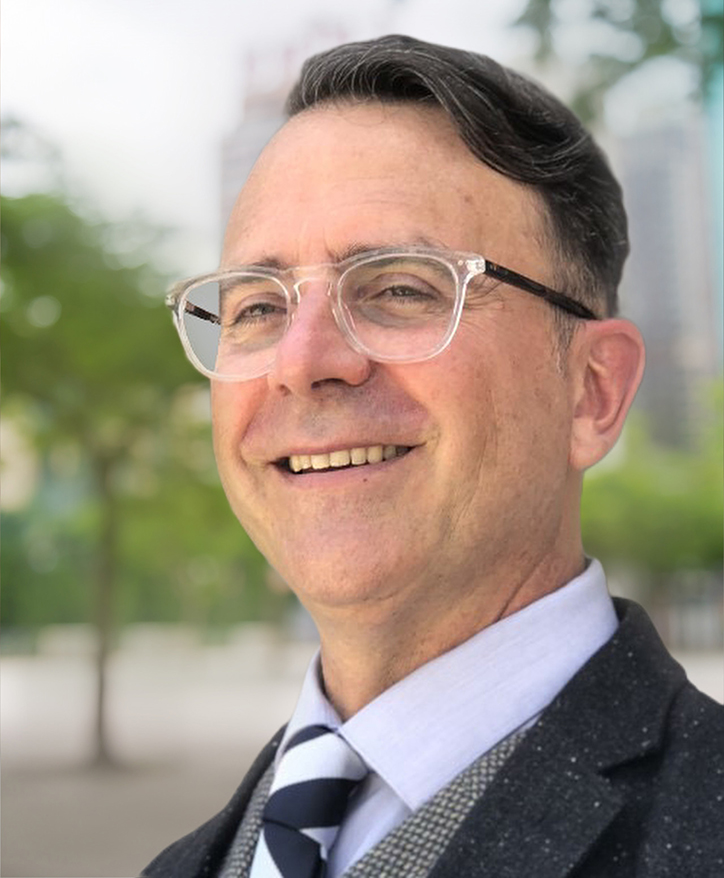Each year as Thanksgiving approaches, Americans participate in a tradition older than the Republic itself: the deliberate act of giving thanks. Long before the first presidential proclamation, men and women on this continent paused to acknowledge the gifts they had received—gifts unearned, gifts unexpected, gifts that pointed beyond themselves. As Headmaster of Cincinnati Classical Academy, I find in this tradition an occasion not only for national remembrance, but for renewing one of our own school’s seven core virtues: gratitude.
Gratitude, rightly understood, is not a fleeting emotion. It is a disposition of the soul, a habit of perceiving reality in its fullness. George Washington, in his 1789 Thanksgiving Proclamation, wrote that it is the duty of all nations “to acknowledge the providence of Almighty God, to obey His will, to be grateful for His benefits.” Washington’s words remind us that gratitude requires humility. It is an acknowledgment that our blessings come from outside ourselves, and that we are not the sole authors of our successes. This humility is essential in education. Every student who thrives at Cincinnati Classical Academy does so not only by personal effort but through the patient guidance of teachers, the sacrifices of parents, and the grace that animates all good things.
Abraham Lincoln, who enshrined Thanksgiving as a national holiday during the Civil War, wrote of a nation “so abundantly blessed” even in the midst of trial. His 1863 proclamation is remarkable for seeing beyond hardship to the deeper sources of hope. Gratitude does not ignore difficulty; it transfigures it. This is a lesson our students need as much today as ever. In a culture that often encourages resentment or entitlement, learning to see one’s life as a gift cultivates resilience and joy. It teaches young men and women not to measure themselves solely by achievement or circumstance, but by the character they form in responding to what they have received.
At CLASSICAL we seek to form students who recognize the good in their lives and respond with thanksgiving. This virtue is woven into our community life—in our classrooms, where teachers introduce students to the beauty of truth; on our athletic fields and courts, where competition teaches respect and camaraderie; in our families, who entrust their children to us with confidence and hope. To be grateful is to see these daily encounters not as ordinary transactions but as moments charged with meaning.
Our classical curriculum, too, invites gratitude by orienting students toward realities larger than themselves. When students read the speeches of Lincoln, the letters of Abigail Adams, or the reflections of Frederick Douglass, they encounter Americans who understood the power of thanksgiving to shape the moral imagination. They learn that gratitude is not passivity, nor is it mere politeness. It is, rather, a recognition of one’s place within a community and a willingness to respond with generosity.
This Thanksgiving, I am especially mindful of the many blessings bestowed on our school. We are in our fourth year as a community, having grown from a single campus to two, from 450 students to nearly 950, and soon more as we continue our organic expansion. This growth is not merely numerical; it reflects the labor of a great many of our hard-working faculty and staff. I am grateful for teachers whose dedication reflects what James Madison once called the “virtue and intelligence” needed to sustain a free people. I am grateful for parents whose partnership strengthens the culture of our school. And I am grateful for students who remind us each day of the wonder and dignity of learning.
Thanksgiving offers us a moment to pause, to reflect, and to renew our commitment to the virtue of gratitude. May we, like Washington and Lincoln before us, cultivate in ourselves and in our children a disposition that does not depend on circumstance but looks upon life with a sense of wonder. In practicing gratitude, we become more fully human. We become more attentive to the good, more resilient in adversity, more generous in spirit.
On behalf of the faculty and staff of Cincinnati Classical Academy, I wish you and your family a joyful and restorative Thanksgiving. May this season deepen our gratitude for one another, for our shared mission, and for the many blessings—seen and unseen—that sustain our community.
Torches Up!
Mr. Michael Rose
Headmaster

Mr. Michael Rose, Headmaster
Mr. Rose has taught various courses at Brown University, Cincinnati Moeller, and The Summit Country Day School. As a part of his degree work in education, Mr. Rose’s research interests included the Great Books curriculum, the Paideia teaching method, and the “effects of emerging digital technology on student reading, writing, and researching.” Read More

